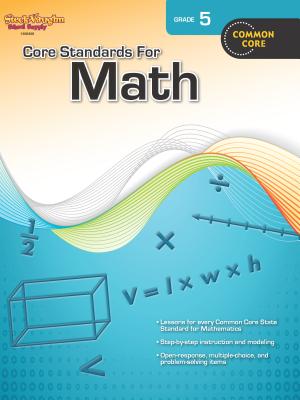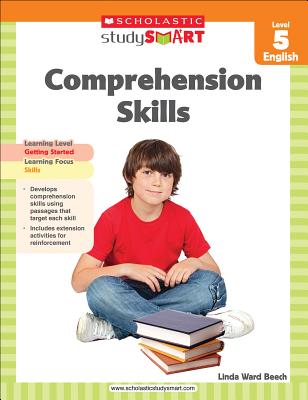
Writing assignments are road maps-or they should be. They guide the writer on a journey. They lay out a process, envision a destination. They are designed. As Jim Burke explains it: What we are really doing when we create a year's worth of writing assignments, of experiences, is designing a story. Each day's class a sentence, each week a paragraph, each unit a chapter in the story of the year students spend in our classes. And as with any good story, there needs to be tension and transformation by the time one arrives at the end, or what I have called 'the user's journey.'
These maps are crucially important for engaging students with academic writing, which is often unfamiliar territory. Drawing on his extensive review of academic writing assignments across the country, Jim identifies six major categories of writing assignments that help students become better writers, readers, and thinkers:
- Writing to learn
- Short answer
- Writing on demand
- Process paper (which goes through multiple drafts)
- Research paper/report
- Alternate forms (multimedia presentations, etc.).
For each assignment type, Jim invites us into his own practice. He shows how he composes the assignment, how he creates gateway activities to help prepare students, how he troubleshoots common problems, how he gives response, how he clarifies the criteria on which students will be judged. He also shows how these assignments are related-how the earlier assignments build to later more complex ones
So please join a master teacher at work. Take this journey with him.
member goods
notems store

RV Camping Cookbook: 100+ Recipes ...
by Editors of Fox Chapel Publishing
Paperback /Paperback$5.99
listens & views

PSYCHEDELIC STATES: ALABAMA IN THE ...
by PSYCHEDELIC STATES: ALABAMA IN THE 60S 2 / VARIOUS
COMPACT DISC$15.25





